The Basics of a Theory of Knowledge

We present a basic theory of human knowledge to help illustrate some essentials of “what we can know” and “how we can know it.”
Thinking is the process of understanding the human experience including self-awareness, ideas, and imagination.

We present a basic theory of human knowledge to help illustrate some essentials of “what we can know” and “how we can know it.”
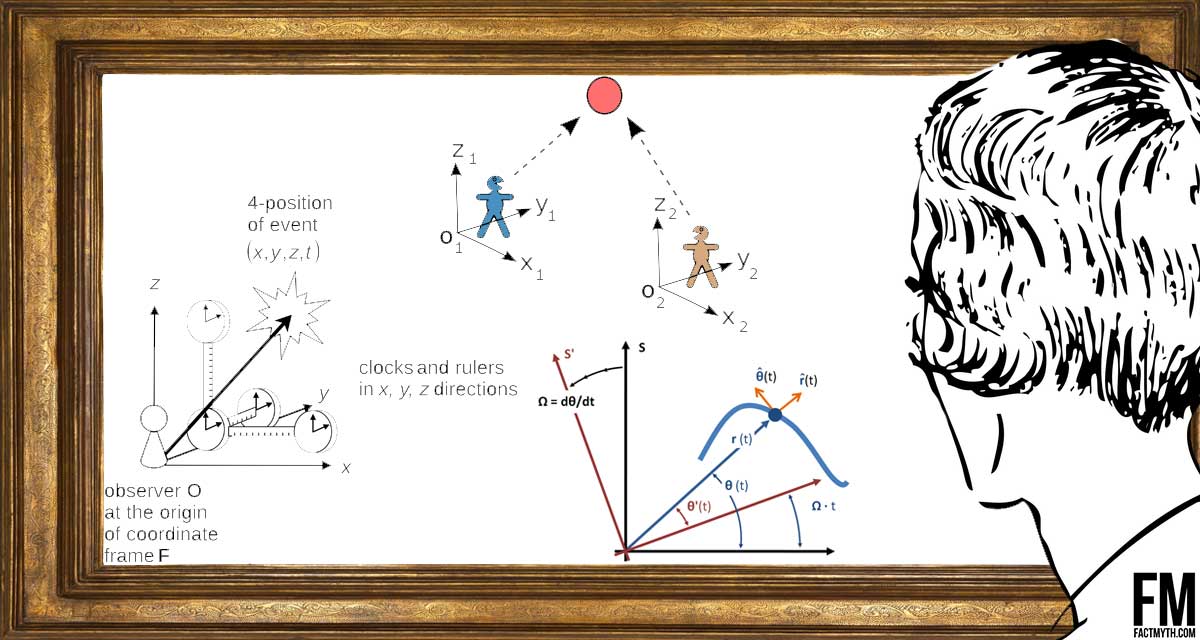
Reason and logic are two closely related forms of thinking involving the comparison of terms that can be studied in terms of mathematics or philosophy and can be considered together as well as apart.
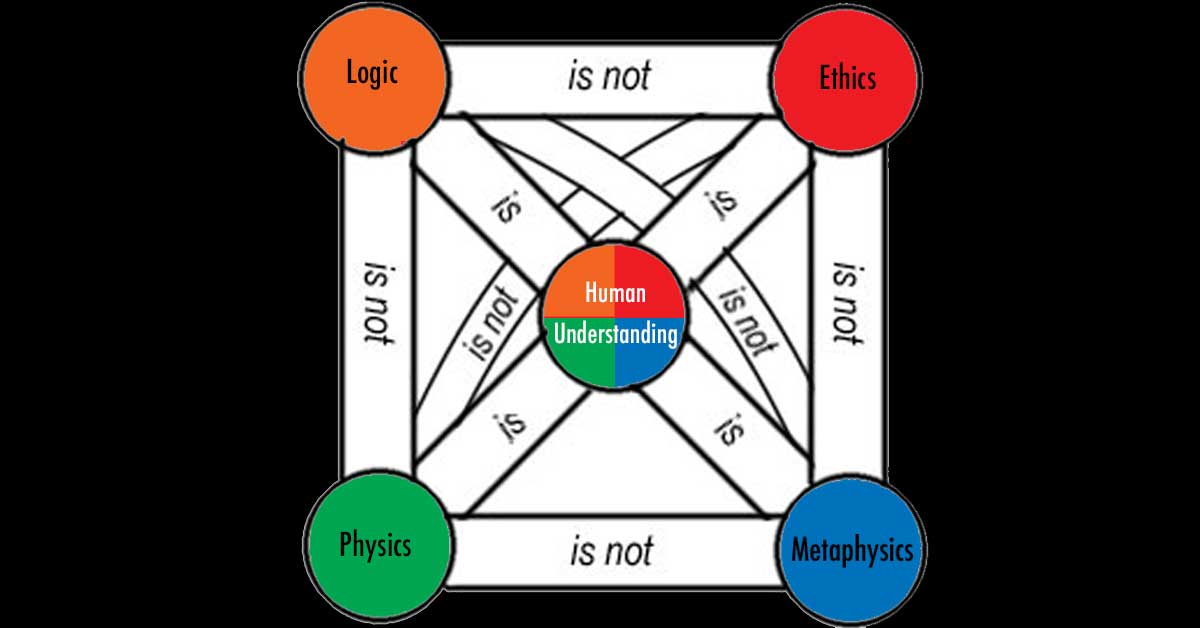
All knowledge, all human understanding, can be said to be of four types: physical (empirical), logical (reason), ethical (philosophy in-action), and metaphysical (pure philosophy).
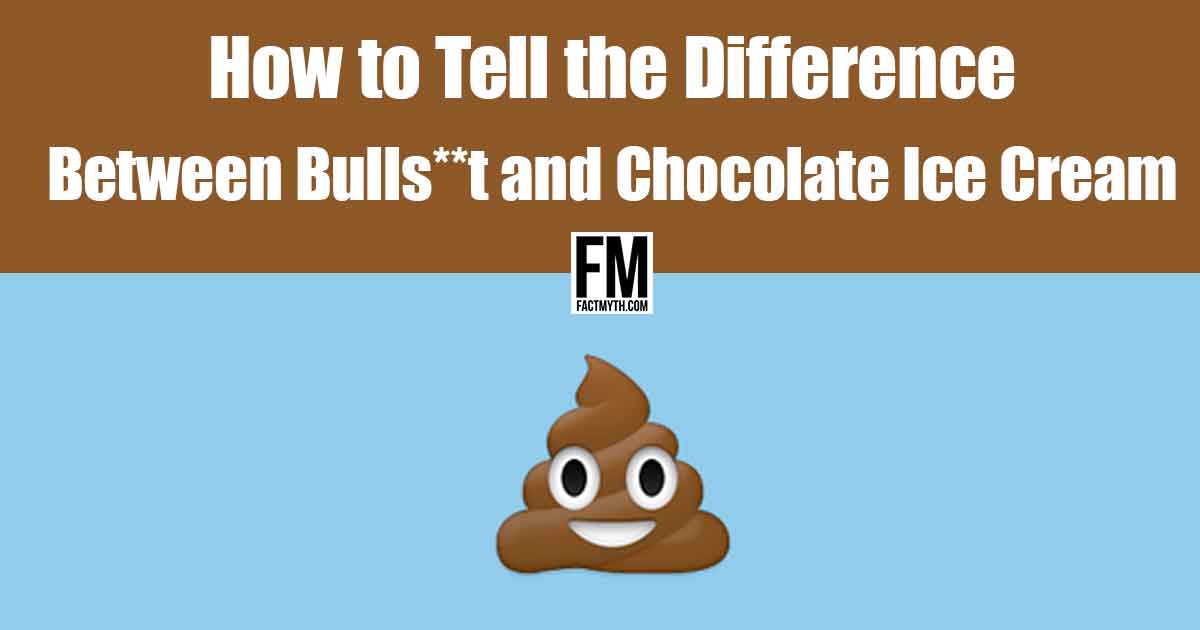
We explore the nature of truth, the different types of truth, and the different types of entities who report truth to better understand the nature of information.
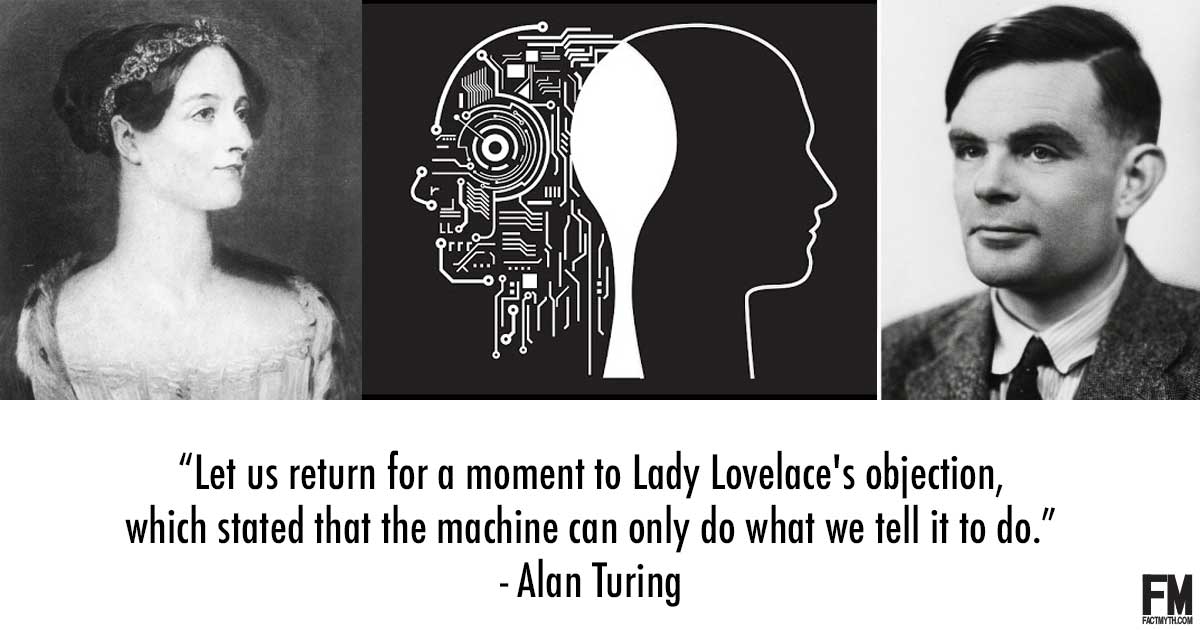
Whether or not machines can think, depends on our definition of “think.” Generally we can say, machines can think, but they think differently than humans.

Human behavior can be random to some extent, but most behavior is based on prior input, and thus is “deterministic” (meaning not totally random).
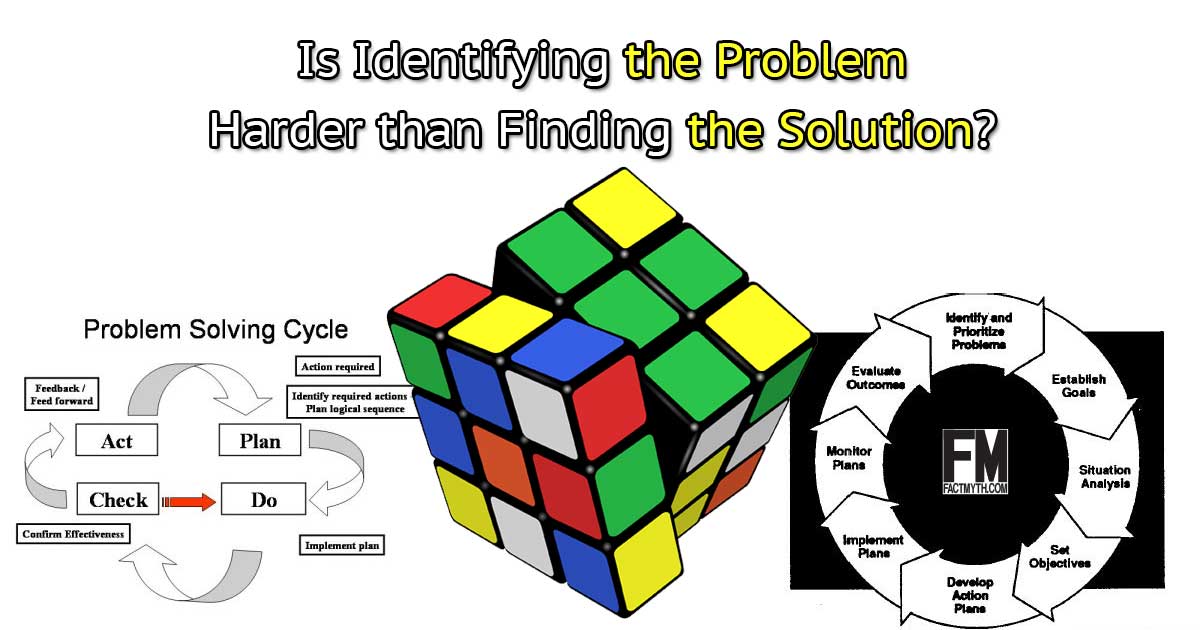
Identifying a problem is often harder than solving it. Solving a problem requires a proper diagnosis, and that requires asking the right questions.
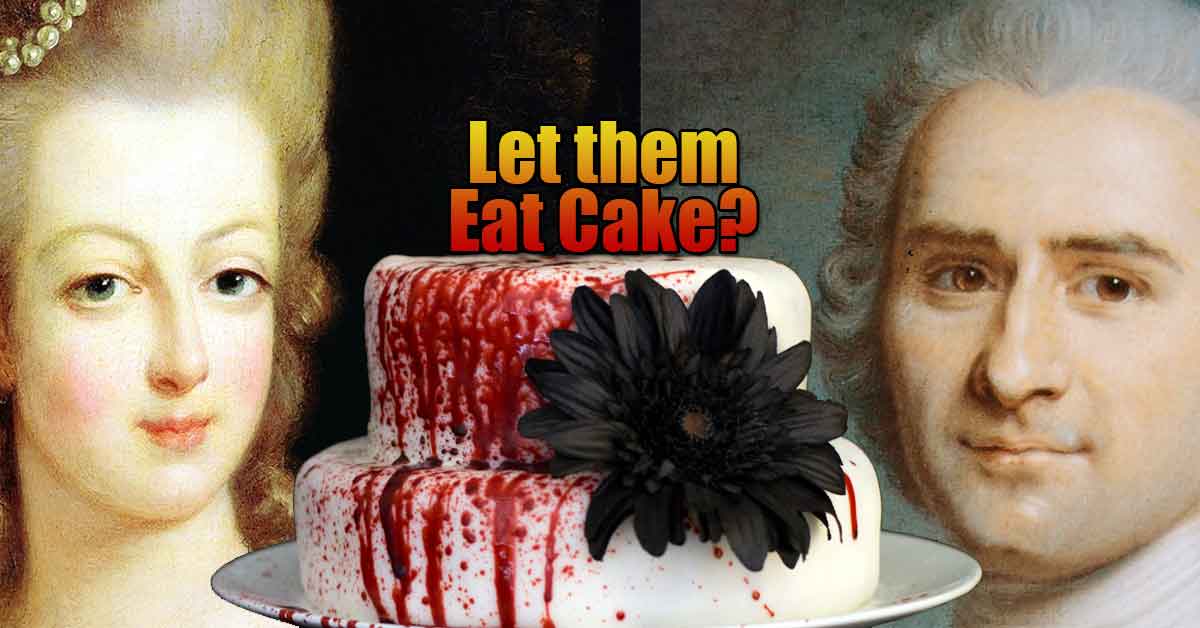
It is said that, “there is no cake”, that, “the cake is a lie”, but this isn’t true. The cake you were promised may be a lie, but there is cake.
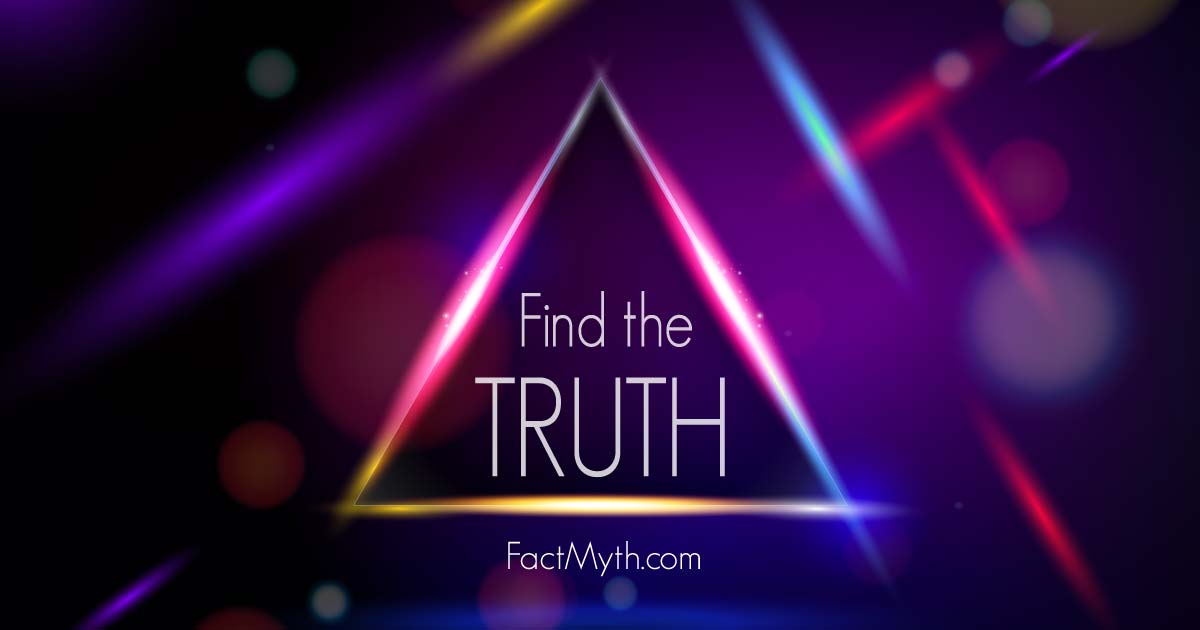
Everything is either true or not true, but not everything that is true can be proven true, and not everything false can be proven false.
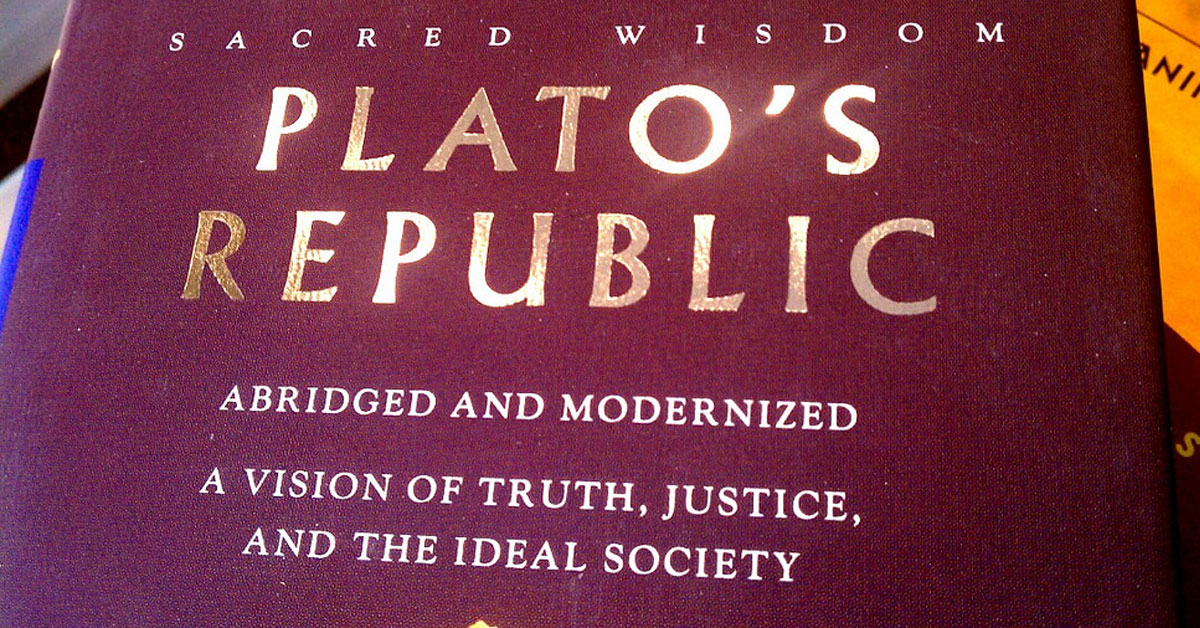
The major branches of philosophy can be denoted as: metaphysics (what is), epistemology (what we can know), logic and reason, ethics and morality, and aesthetics (beauty and art).